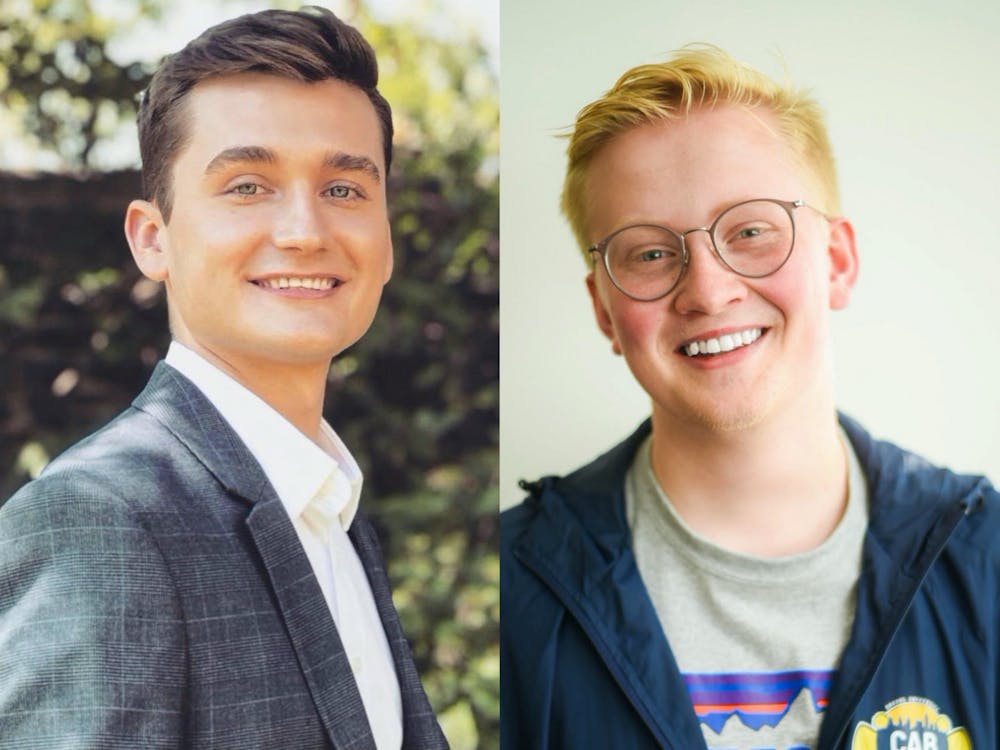In March of 2019, the leader of Poland’s ruling Law and Justice party, Jaroslaw Kaczynski, said in a speech to party leaders that the official platform on LGBTQ+ rights was, “not about tolerance,” ending his thoughts by emphatically yelling, “Stay away from our children!” In January 2019, the Russian LGBT Network reported that Chechen authorities detained at least 40 people in the previous weeks and killed two in a purge against LGBTQ+ residents.
While it’s easy to dismiss these as similar but isolated incidents, they stand as a testament to the broader trend across Eastern Europe of persecuting LGBTQ+ persons under the guise of “traditional values.” Often cemented in religious or nationalist ideals, conservative parties such as Law and Justice in Poland and United Russia have evoked traditional values as a means of justifying discriminatory and often outright hateful agendas.
What’s become increasingly clear over the last decade or so is a strong relationship between the rise of authoritarian regimes along with the evocation of “traditional values” in Eastern Europe and the scapegoating and persecution of LGBT persons and other sexual minorities. Less clear is what we can do to end the systematic human rights abuses or bring any meaningful form of justice.
We’ve seen these values have been invoked in the passage of the infamous 2013 “gay propaganda” legislation in Russia, which obstensively banned any pro-LGBTQ+ sentiments in media or public discourse. The law has served as an anchorpoint for the intersection of traditional values and homophobia with lawmakers and activists alike using the law as validation that LGBTQ+ people pose a threat to the safety of their children and society as a whole. Similar homophobic overtones defined the declarations made by hundreds of municipalities in Poland that they were “LGBT-ideology free” areas.
In politics, faith and public discourse, ‘traditional values’ have successfully managed to other LGBTQ+ persons, making them prime targets for persecution and abuse. Existing international human rights frameworks, such as the United Nations’ Convention on the Prevention and Punishment for the Crime of Genocide, fail to grant protected group status for gender and sexual minorities. This gap in protective status leaves LGBTQ+ people uniquely vulnerable to bias-motivated violence encouraged by far-right, authoritarian ideologies that identify homosexuals and gender nonconforming individuals as the source of nations’ misfortunes.
Tolerance for homosexuality varies considerably throughout the world, though the stark contrasts between public attitudes in Eastern and Western Europe highlight a significant point of concern for the future of anti-discrimination norms that outlaw violence against LGBTQ+ persons in the EU. Pew Research Center 2019 survery data assessing acceptance of homosexuality reveal median scores of 86% for Western European states and 46% for Central and Eastern European states.
Additionally, an analysis of legislation throughout Europe showcases another significant divergence between post-communist Europe and Western Europe. Conor O’Dwyer conducted a study of legislation using the International Lesbian, Gay, Bisexual, Trans and Intersex Association-Europe’s rights index, concluding that Europian Union member states are significantly more protective of LGBTQ+ persons.
While this legal analysis is confined to Europe, the results speak to potential implications for the future of LGBTQ+ rights globally. Article 21 of the EU Charter of Fundamental Rights explicitly prohibits discrimination on the basis of sexual orientation, and Article 19 of the Treaty on the Functioning of the EU allows action to be taken to prevent such discrimination in member states. However, Poland President Andrzej Duda has campaigned using rhetoric that called the LGBT “ideology” worse than communism, while municipalities throughout the country continue to implement so-called LGBT-free zones.
The response from the leadership of the EU has been inadequate in preventing further discrimination, and the decisions that the institution makes now in response to Poland’s aggression will chart the course for the trajectory of LGBTQ+ rights in Europe and beyond.
When nations assault LGBTQ+ rights with impunity within the world’s leading coalition of democracies, we set the stage for the perpetuation of atrocities similar to those currently underway in Chechnya, where the Russian government has aided in the facilitation of torture and execution of gay men under the reign of Ramzan Kadyrov, who heads Chechnya.
Mass atrocity warning signs have mounted considerably since Russia’s anti-gay propaganda legislation went into effect and efforts were made to legitimize discriminatory actions under the facade of moral sovereignty. Should the international community fail to intervene now, the foundations for the erasure of LGBTQ+ identities through cultural and physical genocide will be irreversibly cemented in the same region as the Holocaust of WWII.
Jack Winstanley and Matthew Burke are master’s students in the School of International Service. Their opinions are their own and do not necessarily reflect the views of The Eagle and its staff.





